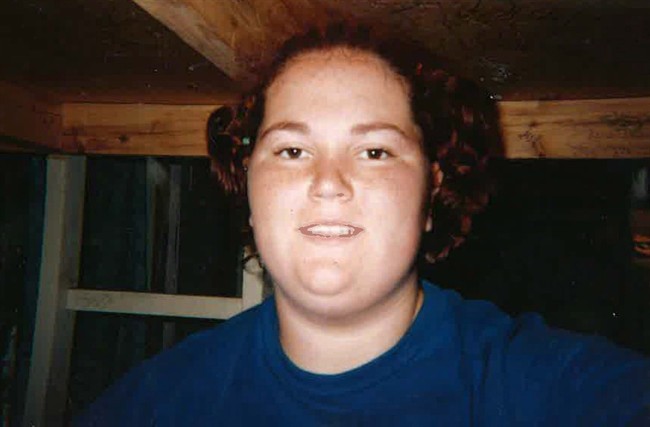TORONTO – Significant gaps remain in dealing with mentally ill prisoners, Canada’s top correctional official admitted on Wednesday even as he urged jurors to avoid making costly recommendations to address the problem.

Don Head, commissioner of Correctional Service of Canada, told the Ashley Smith inquest that expensive suggestions would be rejected.
“There is no free pocket money that we can go to to implement some of those things,” he said.
From 2001-2005, there were 85 suicides, accidental deaths and homicides in federal prisons. Corrections complied with one-third of ensuing coroner jury recommendations, the inquest heard.
Head said the response to jury suggestions is now “more robust.”
The Office of the Correctional Investigator has for years been fiercely critical of the prison system’s management of the mentally ill, particularly for using control measures and segregation for self-injurious inmates.
“I agree with what is being said here,” Head said.
While segregation is “the worst place for anybody,” he added, it can be the only “safe place” for the mentally ill.
Smith was transferred frequently from segregation in one institution to isolation in another in what one guard dubbed “a see Canada tour.”
By doing so, prison brass avoided reviewing her segregation status — a breach of the law.
“The clock should not have stopped and reset the way that it was,” Head said.
The commissioner insisted corrections has made improvements in the six years since Smith, 19, strangled herself in her cell.
Information sharing between health professionals and prison staff is better now, and “interdisciplinary” teams are deployed to manage problem inmates, he said.
“One thing that Ashley Smith showed to us was how various parts of the organization were working in silos,” Head said.
He agreed lack of training played a role in the problems frontline staff had in dealing with the mentally ill teen, but said intensive training is expensive and logistically difficult to deliver.
Head was senior deputy commissioner during Smith’s year in federal custody, although he was away for six of those months.
As many as 22 reports about Smith’s self-harming behaviour crossed his desk.
Head, who tried unsuccessfully to avoid having to testify, said he expected the situation was being dealt with.
“Did I do any follow-up? No, I did not,” he said.
“There was nothing at that time that was coming to my office that required any additional attention to Ashley’s file.”
Smith’s sentence, initially one month for throwing crab apples at a postal worker, ballooned to more than six years for numerous in-custody incidents where guards called in police.
Head said taking a more strategic approach to avoid criminal prosecution of mentally ill inmates “definitely would be something that we want to consider.”
The inquest also heard about the 2002 case of an inmate in Quebec who died after an epileptic seizure as guards videotaped but did not intervene — as happened with Smith five years later.
Smith, of Moncton, N.B., choked to death in her segregation cell at Grand Valley Institution in Kitchener, Ont., on Oct. 19, 2007.
Her guards were under orders to stay out of her segregation cell unless she was in clear medical distress — orders Head said were illegal — and officers were frequently disciplined for acting too quickly to save her.
Head said correctional authorities are still trying to find regionally based community solutions for the severely mentally ill but money is already tight.
The Smith case, he said, raised the issue of how the criminal justice system as a whole deals with mental-health issues.
For example, he said, judges should consider mental-health history before jailing people.
A criminologist is slated to testify Thursday.



Comments